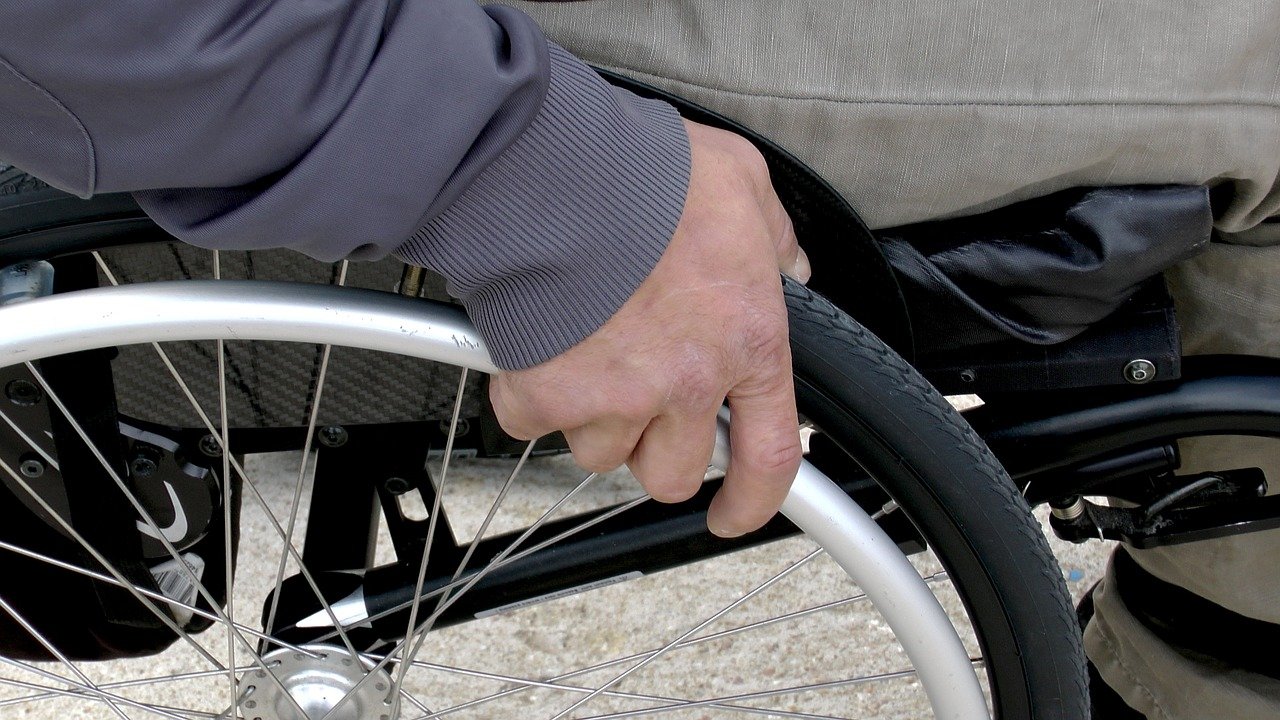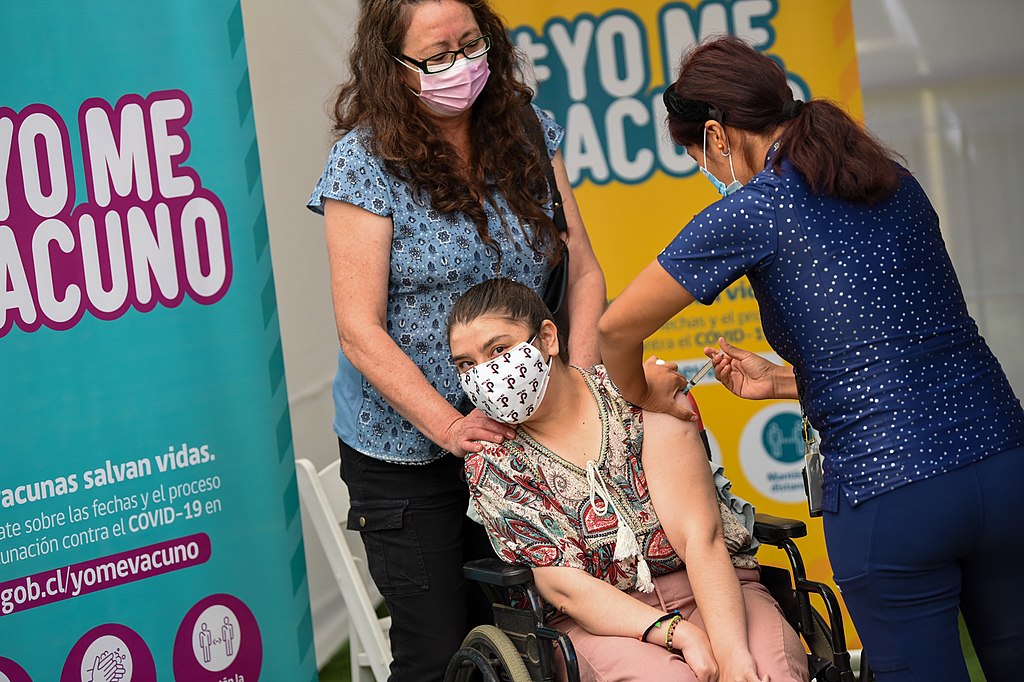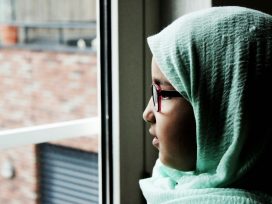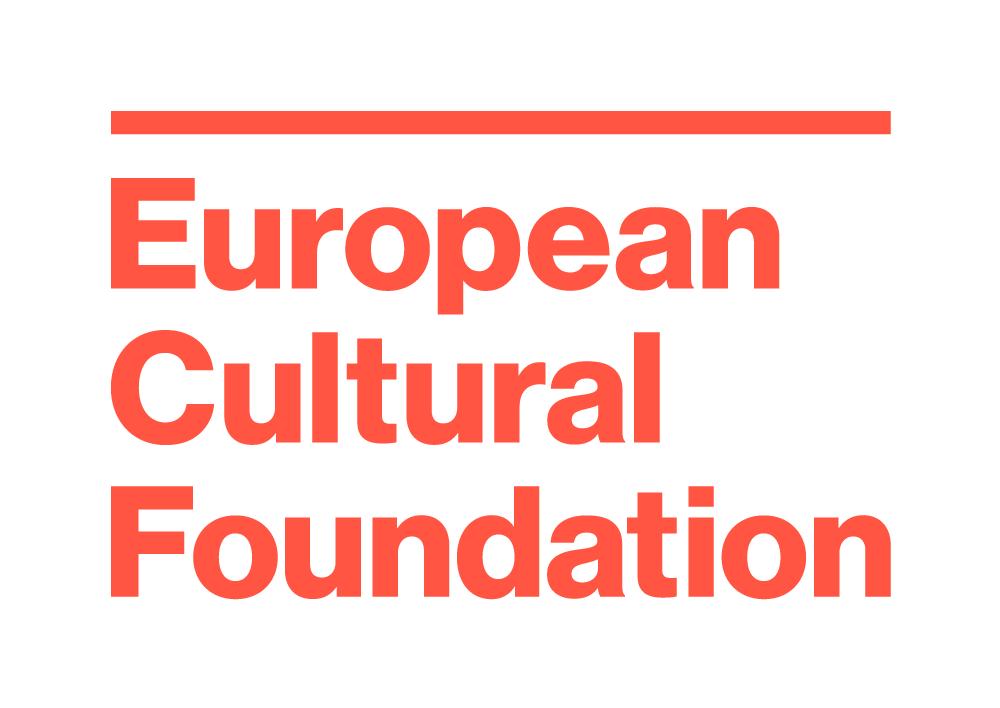Surviving now, planning for tomorrow
Disabled people and COVID-19 policy failures
Whether in pandemic or war, the most vulnerable are the first to besidelined. Since the COVID-19 outbreak, authorities haven’t made adequate provision for disabled people, though many are more at risk of contagion in institutions.
It is now widely recognized that COVID-19 has exacerbated pre-existing societal inequalities. Disabled people have been amongst those most adversely affected. And yet their experiences have largely been disregarded in communications and analyses of the pandemic.
An exception exists in the research of disability rights organizations such as the COVID-19 Disability Rights Monitor (DRM) and the Survey on the Experience of Persons with Disabilities Adapting to the COVID-19 Global Pandemic of the International Disability Alliance.
They abandoned us. Disabled person, Italy
Policy responses to COVID-19 have overwhelmingly excluded disability, increasing pre-existing barriers to social participation. The policy responses to the pandemic continue to place disabled people in precarious, violent and abandoned situations. The available evidence and analysis point to a certain conclusion: disabled people’s support, safety and survival were not a priority for governments and authorities. This is not surprising, given that disabled people are absent from humanitarian crisis management and disaster preparedness strategies.
I have the impression that this crisis is only adding to the problems already present with regard to support for people with disabilities. These problems did not happen with the COVID-19, they were the result of a lack of measures and support even during regular periods. Disabled woman, France
Vulnerability

Photo by SGENET via Pixabay
Since the first COVID-19 lockdowns in March 2020, disabled people have consistently been regarded as individually vulnerable in public discussions of the pandemic. As a result, the individual, medical and paternalist approaches to disability – seemingly superseded by the social, relational and rights-based approaches from the United Nations’ Convention on the Rights of Persons with Disabilities (CRPD) – have resurfaced. The social dimension of disabled people’s ‘vulnerabilities’ has thus been largely overlooked.
Countering such individualizing and pathologizing tendencies, a distinction needs to be made between the impact of the coronavirus disease and that of policy responses to COVID-19 on disabled people. Researchers and policy-makers should focus on the latter because governments have caused more issues for disabled people than the disease itself, as noted by the UN’s special rapporteur: ‘responses to COVID-19 have been neither accessible nor inclusive of persons with disabilities.’
Institutional harms
Policy responses worldwide have exacerbated the institutionalization of disabled people, as highlighted early on by the COVID-19 DRM. Cuts in community supports, including reductions in personal assistance, home care, communication support, therapy and psychological support, have forced some disabled people to seek institutional care. In some countries, disabled people have been rounded up and locked up in institutions.
Congregated support, which defies the logic of social distancing, has led to greater viral exposure. Accordingly, residential care has been characterized by high rates of infections since the outset of the pandemic. A report from the University of Bristol on mortality among people with learning impairments in Britain in 2020 found that the ‘demographic variables significantly associated with a greater likelihood of dying from COVID-19 were: being of Asian/Asian British ethnicity, or living in a nursing home, supported living setting or a residential home.’
The government closed the access of the nursing homes and many other institutions to the families, as well as reduced the staff. Result: the residents were left to die! Family member of a disabled person, France
Those disabled people already institutionalized before 2020 have faced greater restrictions to their autonomy due to additional limitations imposed on their freedom of movement and visitor restrictions. The usual violations of human rights in institutions – including physical restraint, over-medication, abuse and neglect – have become harsher.
‘Hermetically sealed’ psychiatric institutions (long term residential, psych.hospitals, private psych.clinics, psych.clinics in General Hospitals), with more absolute restrictions than before, with no possibility of visits, with no advocacy services and with no independent monitoring (the fact that we have an independent monitoring mechanism does not mean that monitoring is done either regularly or in each of those institutions), will definitely result in more violations of human rights. Civil society organisation, Greece
The disabled people’s movement, especially Independent Living advocates, have considered institutional care harmful since the 1960s, motivating decades-long campaigning for deinstitutionalization throughout the world.
As a reaction to enhanced institutionalization during COVID-19, the UN Human Rights Office called for emergency deinstitutionalization ‘with appropriate community-based support, to reduce infection rates and reduce the risk of other harms to residents and staff’. Similar concern was voiced earlier by disability rights organizations. In Britain, the campaign ‘Rights for Residents’ advocated for ‘a more humane and nuanced solution that balances the risk of contracting COVID-19 against the devastating mental and physical deterioration we are witnessing’ amongst institutional residents.
Intersectional harms
Policy responses to COVID-19 have also prioritized the intersectional norm of the able-bodied, financially secure, adult, male, urban dweller. For example, directives on the use of personal protective equipment and on social distancing have largely assumed able-bodiedness and non-congregated living arrangements, while neglecting the communication needs of people with sensory, intellectual and psychosocial impairments.
It is not possible for my son to wear a mask or something similar. As a result, he experiences more exclusion and discrimination than before, as there are no exceptions. Family member of a disabled person, Austria
Policies related to working from home have largely disregarded the needs of digitally marginalized disabled people in remote and rural areas, as well as of those disabled urban dwellers with poor access to the Internet and communication technologies.
I think it is very important to know that many women with disabilities in underdeveloped or developing countries women living in villages or even small towns are still not that literate or tech savvy so that they can get the proper information… Many women not able to access information as it was not available in accessible format were further marginalised. Blind or partially sighted woman, India
Due to confinement at home and the decline of direct contact with social services and personal assistance, disabled women have experienced an increase in gender-based violence. Increased dependency on informal support has had the effect of increasing the likelihood of abuse and coercive control, effectively amounting to ‘institutionalization at home’.
My family does not accept me as LGBTQIA + and they were abusive at different times, having practiced verbal violence. I’m at home with them, socially distant. Autistic woman, Brazil
Disabled parents, particularly mothers, have also been disproportionately affected by the need to home-school their children while simultaneously coping with cuts to community supports and income. Disabled children have experienced inaccessible online teaching and learning: ‘Almost one in five [among the respondents] had to drop out of education during the pandemic. No online access, loss of income and poverty prevented people from participating in online education.’
There is no help for adapting to distance learning education, particularly for children with mental health, ADD, autism, etc, where the challenges are often behavioural rather than access to info. Parents are abandoned and need help. Disabled woman, United Kingdom
Access to healthcare

Photo by Vocería de Gobierno, CC BY-SA 2.0, via Wikimedia Commons
When it comes to choosing a ventilator for who will live and who will not live, persons with disabilities will not be put on a ventilator. Disabled women, South Africa
Disabled people have also experienced barriers in accessing emergency healthcare due to ableist discrimination at the triage stage, particularly at early stages of the pandemic in 2020. Disability studies scholars have interpreted this as a manifestation of a dangerous ‘thanatopolitics’ in the face of an emergency – a politics that administers death (instead of enhancing life) on the basis of utilitarian calculations.
When I was sick [with COVID-19] the doctors did not want to treat me. Man with a physical impairment, Bolivia
Income protection
The pandemic’s impact on economies has led to sectorial labour market collapses and individuals struggling for a basic income. Although there are political assurances of economic resurgence, disabled people rarely figure within income protection measures. The European Disability Forum have presented a comprehensive list of demands regarding the financial protection of disabled people during the pandemic. Policy responses need to protect both disabled people who are active within the existing labour market and those who are unable to access employment.
Disabled people, who already deal with prejudice when demonstrating their job competency and being physically catered for in the workplace, now face an especially competitive labour market. Therefore, policy measures need to ensure disabled people have stable incomes, irrespective of their employment status, to meet material needs and disability-related expenditures.
In some countries income support has endured extensive conditionality measures and punitive sanctions in the period of post-2008 austerity. These need to be removed given the ongoing exclusion of disabled people from the labour market and high instances of poverty.
Deinstitutionalization programmes
The pandemic illustrates the dangers of institutionalized practices and traditional forms of care and support provision. Institutions and group homes have been sites of worry, concern, suffering and death throughout the pandemic. Families and communities have questioned the placement of their loved ones within these establishments and called for improved care provision.
One misguided approach would be to increase institutional resource provision. Better would be using this window of opportunity to progress the deinstitutionalization agenda and implement community-based support, reflecting the demands of disabled people’s movement and human rights groups.
The prevalence of impairment and disability is likely to increase given the long-term COVID-19 health issues. Article 19 of the United Nations CRPD calls for the recognition of disabled people’s right to live in their preferred communities and not be subjected to isolation and segregation. The United Nations Committee on the Rights of Persons with Disabilities have produced the General Comment No. 5, which offers guidance on realizing Article 19. The extensive guidance promotes reorganizing existing cash and support services across national and local administrations, ensuring personalized support relevant to the individual’s needs, aligned with their interests and responsibilities. Accommodating disabled people’s basic health and support needs is a minimum standard soon to be more broadly required; sufficient support should be provided so that disabled people are included, influential members of their communities.
Healthcare
As the pandemic emerged, health services across the globe employed utilitarian principles. The rationing of services and development of criteria to assess the severity of medical support needs resulted in disabled people being denied access to emergency healthcare. The pandemic highlighted eugenics in the design, development and delivery of medical care for those with existing health conditions and impairments given diagnostic labels.
Immediate action is required to protect disabled people’s access to healthcare. A review of guidelines and criteria frameworks for assessing need and determining intervention is essential. Governments should actively incorporate the comments and guidance outlined by the former UN Special Rapporteur’s thematic report on ableism in medical and scientific research to assist such a review.
Informed consent for procedures is paramount for an effective, ethical and socially just healthcare system. Disabled people should have access to funded and resourced advocacy support when engaging with healthcare providers.
The United Nations calls for medical practitioners to prioritize accessibility when delivering services. Accessibility audits and collaboration with local disabled people’s organizations would lead to adjustments within standard procedures and healthcare pathways. Medical practitioners could then identify and respond to disabled people’s access requirements, reducing instances where disabled people are unable to access ongoing assistance in times of crisis.
Though bleak, this situation is not beyond hope. Possible and preferable alternatives to the current trajectory exist. Disabled people’s emancipation could still become a central aspect within initiatives to stabilize economies and protect communities if it becomes an integral part of ongoing policy responses to the COVID-19 pandemic.
However, the humanitarian crisis in Ukraine puts our hope into disarray.
Postscript on the war in Ukraine
The war in Ukraine commenced while we were finalizing this article, and we now fear that our hope may have been premature. Those who manage to evade death may nevertheless face living with impairments among decimated support structures. War exacerbates disablement.
We condemn the invasion of Ukraine and call for immediate cessation of all military action. We also argue that the lessons learned from the impact of COVID-19 policies on disabled people need to be considered in the policy responses to the war in Ukraine.
The evacuation of disabled people, including disabled Ukrainians in residential institutions, from war zones is of immediate concern. As is the satisfaction of their basic needs for food, clothing, medication, shelter, assistive devices and personal assistance. We support ENIL’s call to ‘leave no one behind’ and EDF’s call for responses to the crisis ‘which fully include people living in institutions or orphanages’.
Published 1 April 2022
Original in English
First published by Eurozine
© Miro Griffiths / Teodor Mladenov / Eurozine
PDF/PRINTIn collaboration with
In focal points
Newsletter
Subscribe to know what’s worth thinking about.
Related Articles

The ceasefire between Hamas and Israel has brought a sigh of relief to the international community – not least because we love to avoid discussing, even thinking about this conflict. Why is that? In this Standard Time episode we talk about anti-muslim racism and how to understand what’s happened in Gaza.

Unmasking hate
21st century iterations of Antisemitism
Once again, the age-old prejudice is rising in Europe and producing new mutations. In this episode of Standard Time, we discuss how to tell criticism from hate.




